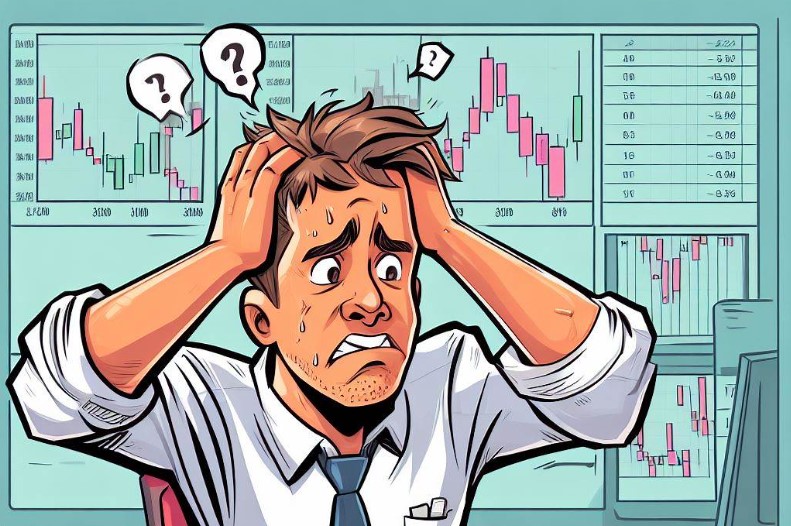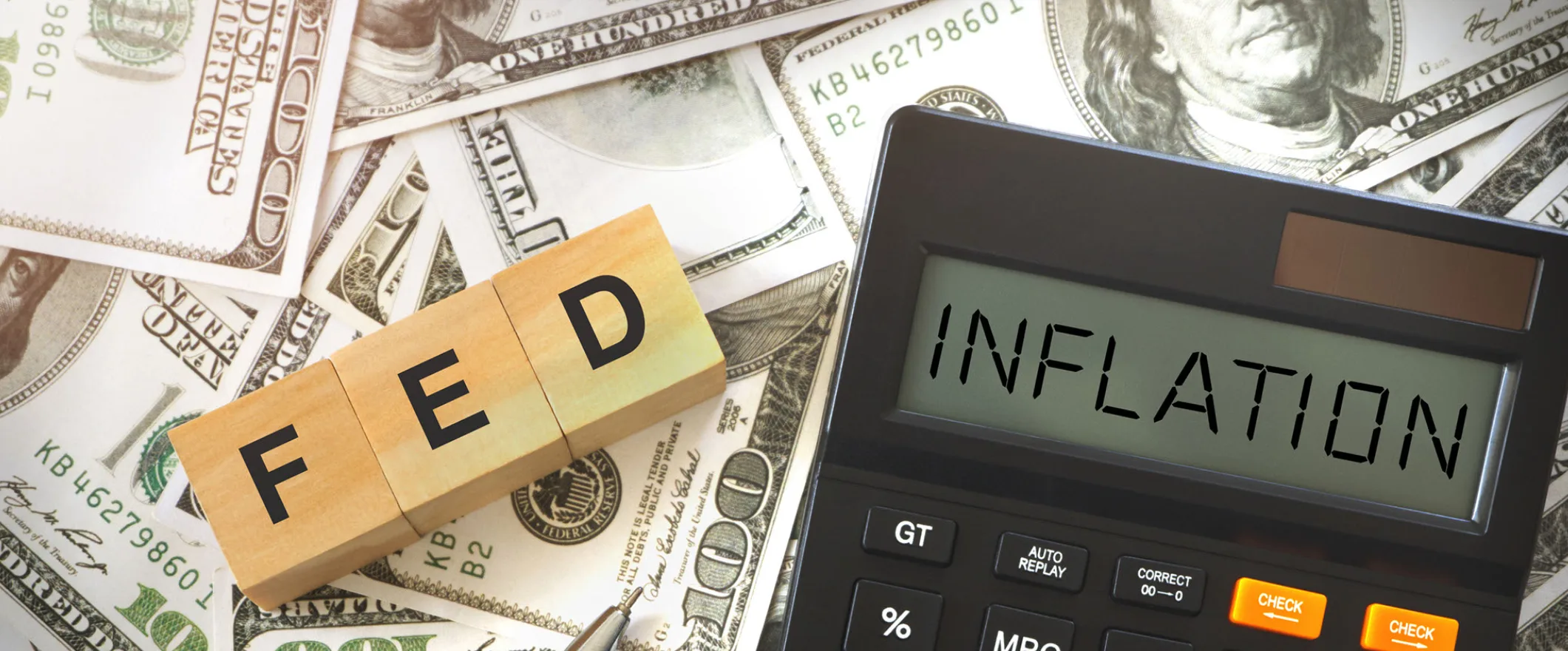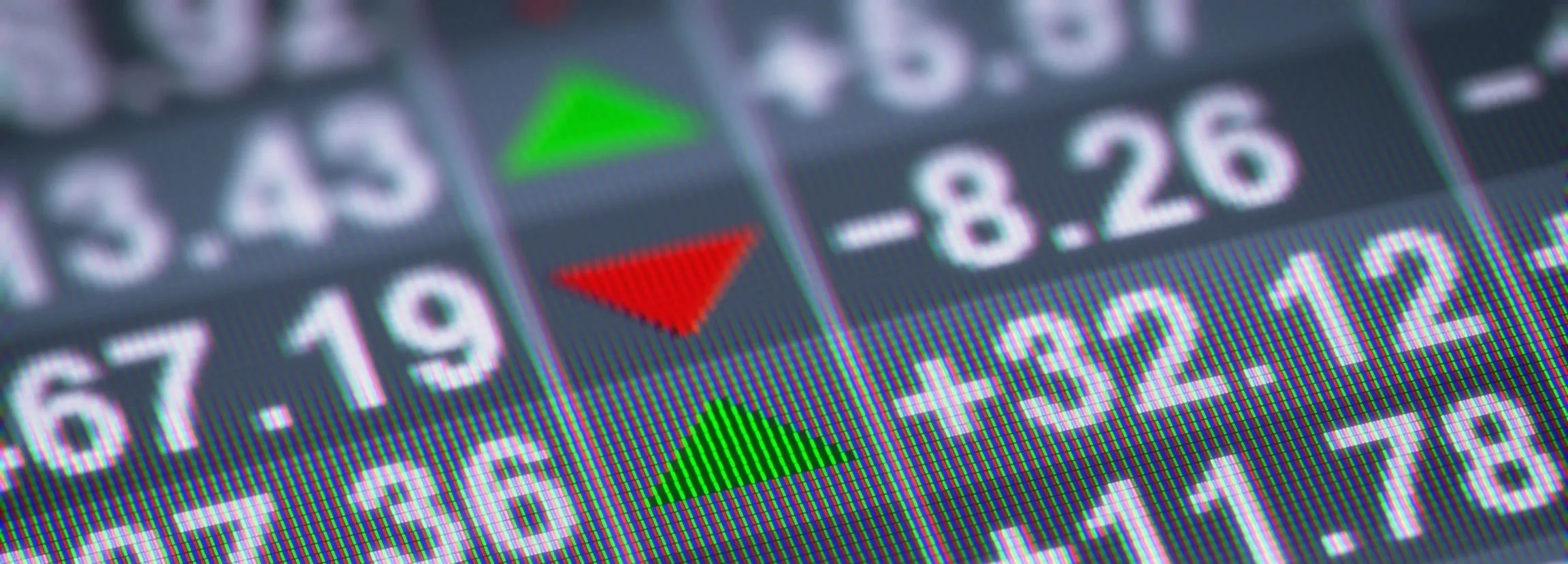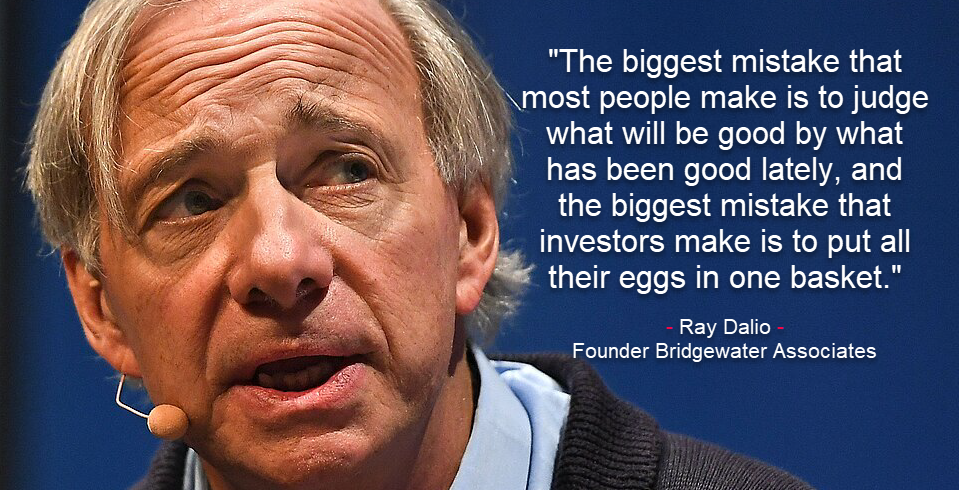Your trading decisions might be less about the market and more about your mind? Understanding the psychological triggers that influence trading can make a significant difference in your investment journey.
The Bandwagon Effect: Don’t Just Follow the Crowd
Ever bought a stock because everyone else was buying it? That’s the Bandwagon Effect. It’s easy to follow the crowd, especially when a stock is soaring. But remember, just because many are buying doesn’t mean it’s a good investment. Always research before you leap.
Zero-Price Effect: Free Doesn’t Mean Risk-Free
“Zero commission” sounds great, right? It can encourage you to trade more often. But more trades don’t always mean more profits. Each trade needs to fit into your overall strategy. Don’t let “free” trades disrupt your investment plan.
Skeuomorphism: Familiarity in a Digital World
Skeuomorphism makes digital things look familiar, like a trading app with dials and gauges. It can make you feel at ease. But comfort doesn’t equal success. Make sure you understand the tools you’re using, even if they look familiar.
Variable Reward: The Thrill of the Trade
Trading can be thrilling, especially when you make a big profit. This thrill comes from variable rewards, similar to gambling. It’s exciting but can be addictive. Set clear trading goals to avoid getting carried away by the excitement.
Loss Aversion: The Fear of Letting Go
We often fear losing more than we desire winning. This can make us hold onto losing stocks, hoping they’ll bounce back. Sometimes, the best move is to cut your losses. Don’t let the fear of losing prevent you from making rational decisions.
Social Proof: Following the Trader Next Door
Seeing others succeed in trading can be motivating. But it’s crucial to question the source. Your financial situation is unique. What works for one person may not work for you. Make decisions based on your research, not just because others are doing it.
Reciprocity: The Lure of Freebies
When trading platforms offer bonuses or free resources, it’s tempting to trade more or stay loyal. But always ask yourself, “What’s in it for them?” Stay objective and focus on what’s best for your portfolio.
Anchoring: Stuck on the First Number
Our first piece of information often sticks with us. In trading, this might be the price you paid for a stock. Don’t let that first number cloud your judgment. The market changes, and so should your decisions.
Hick’s Law: Simplify Your Choices
Too many choices can be overwhelming. A cluttered trading platform can slow you down. Simplify your trading space. Fewer distractions mean faster, more confident decisions.
Scarcity: The Fear of Missing Out
“Act now before it’s too late!” Sound familiar? This scarcity tactic can rush you into decisions. Remember, the market will always offer opportunities. Don’t let the fear of missing out drive your trading choices.
Decoys: Distorting Your Decision
Decoys are options that make others look better by comparison. Always evaluate stocks on their own merits. Don’t be swayed by less appealing options that make others seem like a better choice.
Making Smarter Decisions
Understanding these psychological triggers can help you make smarter trading decisions. Always research before you invest. Set clear goals and stick to your strategy. Remember, in the stock market, knowledge is as valuable as capital.
Stay Informed, Trade Smart
The stock market is complex, but understanding the psychological aspects of trading can give you an edge. Keep learning, stay disciplined, and make informed decisions. Your investment journey is unique, and so is your path to success.
Do you want to dig deeper into the markets and how they work? Check out our “Stock Market for Beginners” section.






